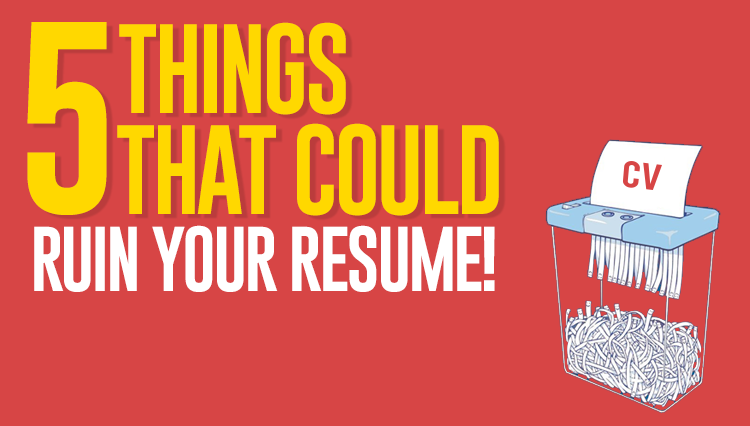Work-life balance is a goal many professionals desperately clamber towards without any idea on how to actually get there. Most people don’t even realize the importance of this balance until it’s too late – there’s no coming back from ruined health of personal life due to overworking.
Current work trends seem to heavily mimic a factory’s assembly line – constant motion is the order of the day. People are working late more, eating at their desks, working weekends or even coming in early in the mornings. Over the long run, these practices can be dangerous, leading to burnouts or worse. That’s why these symptoms needs to be identified at earliest.
Indications That Your Work-Life Balance Needs… Work
As we mentioned earlier, it’s not easy to realize when your work-life balance is out of sync but there are obvious clues that can point you in the right direction.
Skipping breaks while working, eating meals at the work desk, checking emails in your personal time (time devoted to family and friends) and bringing your work home (or over the weekend) are all indicators that you are skewed heavily towards work. Additionally, feeling distraught, teary, exhausted and detached from your family and friends are indicators of an impending burnout, on top of the workaholism.
Serious and dangerous indicators include constant fatigue and body aches (specifically neck, back or head aches)- all sure signs that it’s time for an intervention.
How to balance your work and your life

Analyze your position. Evaluate your current station in life – where you are as a person, as a spouse, as a parent, as a professional and as an individual. Are you doing all the things you want to be doing?
Once you’ve established all you’re doing and all you wish to do, plan and brainstorm for small disruptions to your routine that can help achieve what you want to be doing with your time. Want to be healthier? Disrupt your lunch break with a quick workout. Want to reconnect with your friends and family? Plan frequent lunch or coffee breaks with them. Experts say that these occasional, small changes result in greater overall impacts to your life – ranging from better work satisfaction, a happier outlook on life, both physiological and psychological.

Manage expectations. This applies both to yourself and other people – you need to set boundaries with colleagues, superiors and clients alike regarding your availability for work (specifically off-hours availability). Be upfront about your personal needs to yourself and your boss. You need that personal time and space. Your boss needs to be made aware of this and the fact that these activities are non-negotiable, as they actively contribute to your mental and physical well-being.
These activities can be anything from a weekly mall romp with your kids to regularly scheduled gym visits. Learn to put yourself first and not expect superhuman work attributes of yourself, and eventually the people around you will learn to respect and appreciate those expectations.

Learn to say no. The biggest part of establishing boundaries and managing expectations is learning to say no. Do you find yourself constantly working overtime, on the weekends or even taking your work home? That means you need to let your supervisors know that your workload is not sustainable.
The workload could even be of your own machinations – taking on too many projects because you can’t say no. Even in those scenarios the onus falls on your boss to manage you to optimum productivity and let you be bogged down with the stress of unmanageable work assignments. Remember, your mental well-being will help you be a better professional – you won’t be able to achieve much if you’re spending half your time being stressed by the amount of work you’ve taken on.

Maximize activities in your personal time. This involves engaging more with family and friends and utilising that time for more fun. Maybe take a quick trip to a nearby picnic spot. Be sure to leave your work behind you, however! No laptops, work phones or anything that can distract you from being in the moment with the people you care for.
In your everyday routine, you can maximize your personal time by including an activity you really like (reading, golf, gardening – take your pick!) and ensuring that you are able to indulge in it weekly.
What’s the point of all this?
Ultimately, the point of this is your health – stress and overworking yourself has proven negative effects on your body and your mind. Medical issues and a weakened psyche from a work burnout are hard to get back from, so make sure you are getting plenty of sleep, exercise and clean eating in your weekly routine.
Reward yourself for achieving goals through hard work, make sure you’re not biting off more than you can chew and make sure you take the time out to evaluate yourself from time to time – you never know when the work-life imbalance may have crept up on you!
Also Read: Myers-Briggs Type Indicator (MBTI) Personality Types & Career Selection





